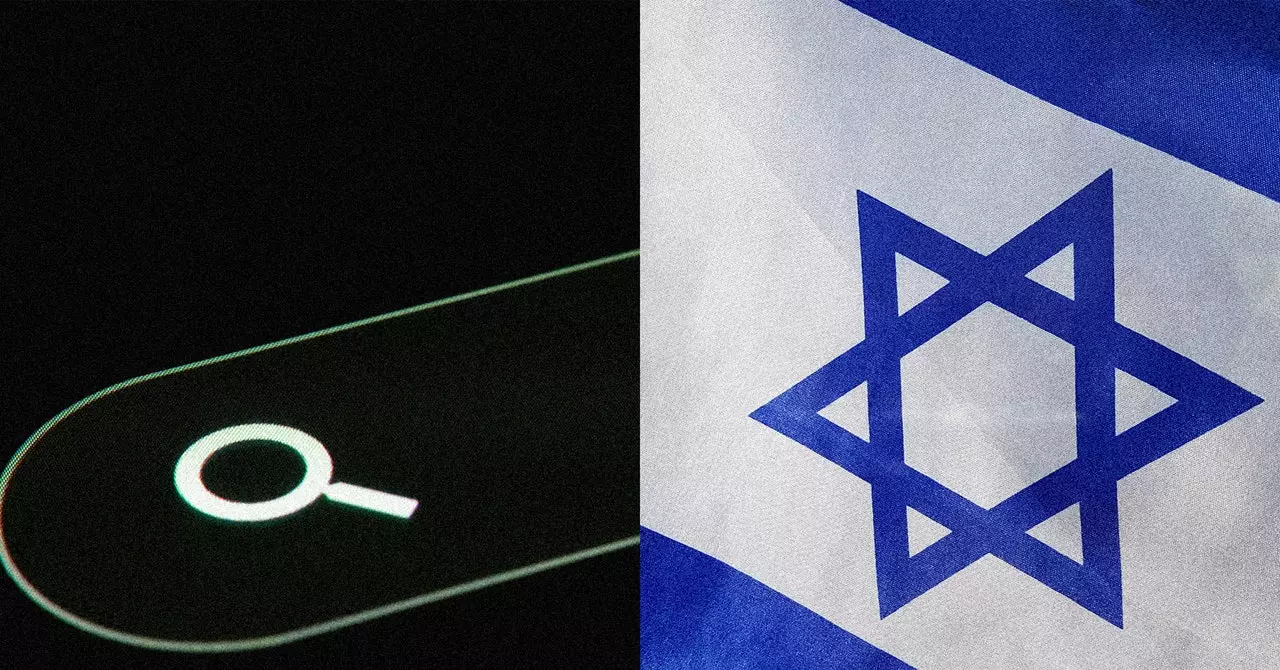The impact of Israel’s campaign against UNRWA on the Google search platform is a matter of concern for many, including UNRWA USA’s executive director, Abby Kronenfeld. According to Kronenfeld, her nonprofit organization has invested significant financial resources and staff time in attempting to outbid Israel for the Google search ad slots. Despite these efforts, UNRWA USA has seen a surge in donations, with as much money raised in the first half of this year as in all of 2023. The organization’s 78,000 donors this year mark a record high since its founding in 2005. However, what truly worries Kronenfeld is the potential impact of Israel’s propaganda on American perceptions of UNRWA’s role in the ongoing crisis.
UNRWA supporters, including Kronenfeld, are troubled by the dissemination of Israel’s messaging through search and video ads in the US. The ads claim that “UNRWA is inseparable from Hamas” and that the agency “keeps employing terrorists.” This narrative, if widely accepted, could undermine support for UNRWA from the US government, which was previously the largest donor to the organization. Kronenfeld describes the campaign against UNRWA as “incredibly powerful” and emphasizes the need for the public to understand the situation’s insidious nature, especially amidst the ongoing crisis in Gaza.
In response to concerns raised about the ads, Google spokesperson Jacel Booth states that governments can run ads as long as they adhere to the company’s policies. Booth reassures that alleged violations can be reported by users and employees, with swift action taken against policy violators. On the other hand, the Israel Ministry of Foreign Affairs in New York has not provided any comments on the issue despite multiple requests over the past four months.
UNRWA, funded by nearly $1.5 billion annually in donor support, employs around 30,000 individuals to provide education, food, and care to Palestinian refugees in Gaza and neighboring areas. Supporters of UNRWA argue that Israel opposes the agency’s preservation of Palestinians’ refugee status, which they believe enhances their chances of reclaiming occupied land in the future. For decades, Israel has accused UNRWA of obstructing peace efforts by allegedly supporting Hamas and allowing the terrorist organization to propagate hateful ideologies across generations. In response to these accusations, UNRWA has taken actions such as terminating employees suspected of involvement in Hamas activities based on evidence provided by Israel.
The US government has suspended funding to UNRWA since January, while other countries like Germany and Switzerland have also halted support but pledged to resume funding. UNRWA’s commissioner-general, Philippe Lazzarini, asserts that the organization plays a neutral and essential role in the region. Lazzarini emphasizes that UNRWA engages in rigorous screening and training processes to prevent Hamas sympathizers from infiltrating its ranks. Kronenfeld, who joined UNRWA USA in 2020, shares her motivation for supporting the organization based on her family history and commitment to preventing atrocities based on birthplace. She has implemented initiatives such as increased online advertising aimed at generating a return on investment of at least $3.90 for every $1 spent.
The battle for public perception between UNRWA and Israel highlights the complexities of humanitarian aid delivery in conflict-ridden regions. As the two entities continue to vie for support and legitimacy, the impact of their campaigns on public opinion remains a critical aspect to monitor and evaluate.

